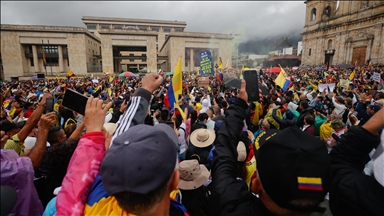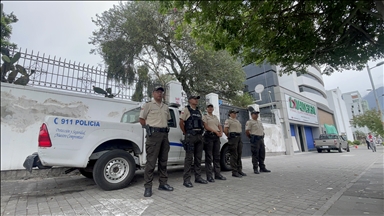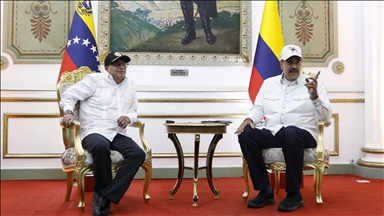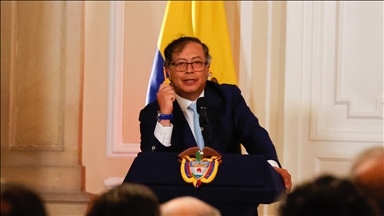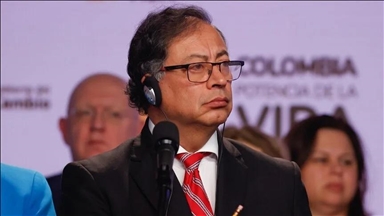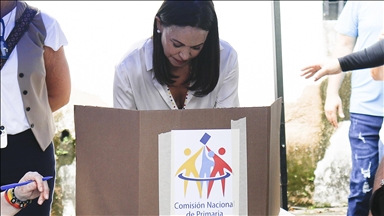
President Juan Manuel Santos is facing a barrage of criticism regarding his decision to suspend all bomb raids against FARC rebel camps.
“This is nothing more than a bilateral cease-fire in disguise and another blow to the moral of the Colombian armed forces,” said Attorney General Alejandro Ordóñez during a press conference Wednesday. “The FARC persists with their policies of extortion, intimidation, terror and crimes against civilians.”
Santos announced his decision to halt the bombings on the Revolutionary Armed Forces of Colombia, or FARC, in an address from the Casa de Nariño presidential palace Tuesday night.
“In order to stimulate a scaling back of the conflict, I have decided to order the Minister of Defence Juan Carlos Pinzon and the commanders of the armed forces to suspend bombing attacks of FARC camps for the period of a month,” said Santos.
Former president and acting Sen. Alvaro Uribe was quick to criticize the move. “Santos announces a cessation of bombing against terrorism, and this now means that our armed forces are paralyzed.”
Santos explained that after a 30-day period, there will be an assessment of whether the guerrilla group has reduced its illegal activities and if so, the suspension will be extended.
The last time a cease-fire of this nature went into effect was during the government of then President Belisario Betancourt in 1984.
Jorge Restrepo, the Director of the Conflict Analysis Resource Center in Bogota said the suspension of the bombing campaign is “the formalization of a virtual bilateral cease-fire which has already been in existence since mid-December.” That the FARC has kept its word regarding its unilateral cease-fire since then is an indication of “a mutual cessation of hostilities associated with the conflict,” he added.
Last weekend in Havana, where peace dialogues have been ongoing since November 2012, the Colombian government and FARC reached an agreement that will allow guerrilla members and the armed forces will work together to rid Colombia of landmines.
Bombing raids against the FARC have provided the government with its most significant successes in the long running civil conflict.
In November 2011, Guillermo Leon Saenz, also known as Alfonso Cano, and then leader of the guerrilla group, was killed in a bombing attack in Tolima. The FARC’s military leader Jorge Briceño Suárez, also known as Mono Jojoy, was killed in September 2010 and the group's second-in-command, Raul Reyes, was famously killed in a controversial attack on Ecuadorian territory.
The suspension of bombing raids does not extend to the country’s second guerrilla group, the National Liberation Army, or ELN, which has not yet agreed to formal peace talks but has entered into exploratory talks with the government.
“This organization, instead of decreasing their actions and working for peace has continued, and indeed increased their criminal activities. For this reason we are going to intensify our military and police operations against them,” said Santos.



